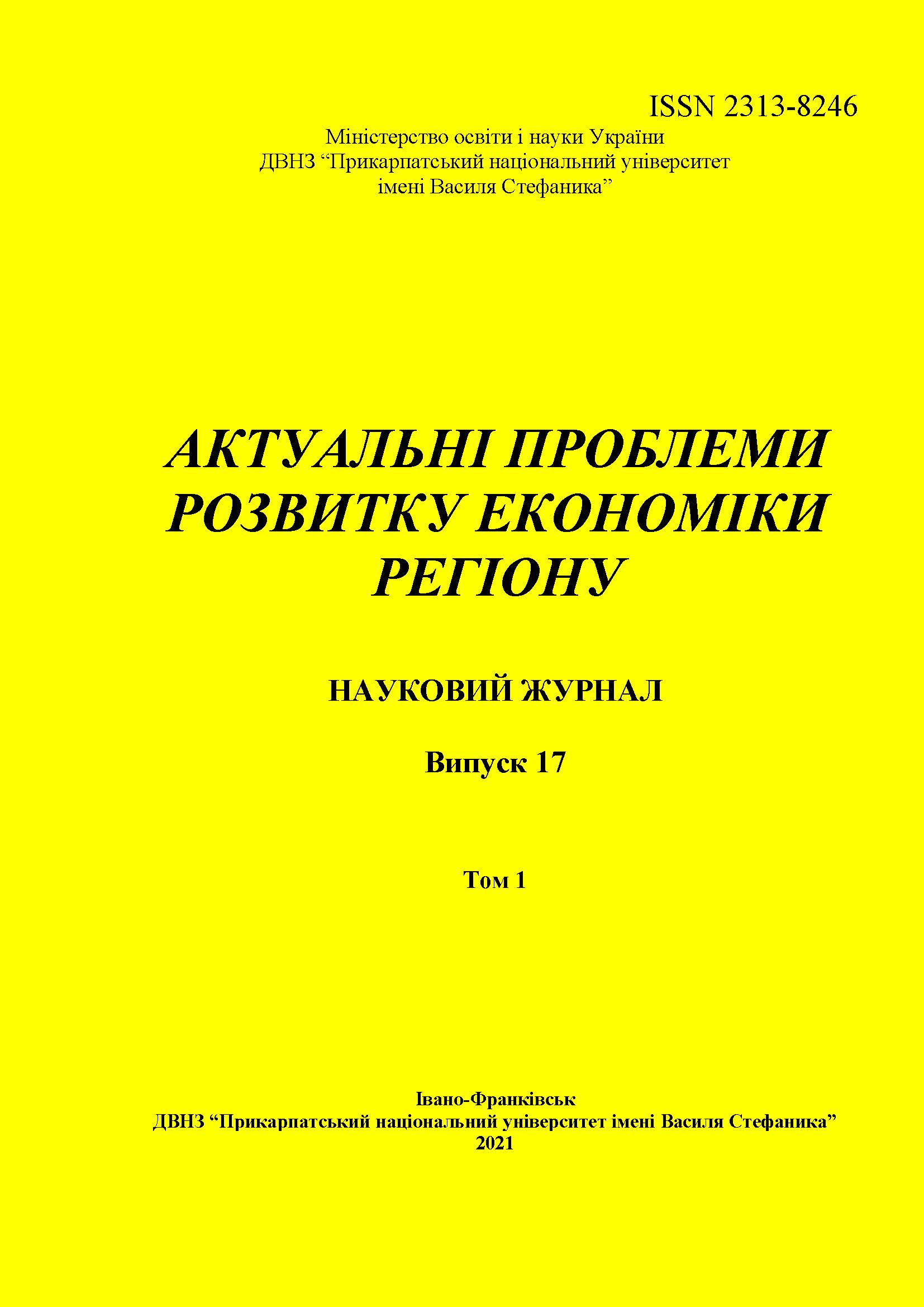ACCOUNTING EDUCATION IN UKRAINE: TRENDS AND PROSPECTS
DOI:
https://doi.org/10.15330/apred.1.17.246-256Keywords:
accounting education, accountant, educational institutions, educational activity, professional level of an accountantAbstract
The article provides a theoretical justification of the processes that necessitate the transformation of the space in which students of accounting education have the opportunity to acquire all the necessary competencies for a rapid transition from study to work in the chosen specialty. A critical assessment of the state of the domestic system of training of accountants and auditors in formal education institutions, which does not realize all the available potential that can offer professional accounting organizations through the integration into the educational process of the results of non-formal and informal education. It is established that potential employers, both on the part of business and on the part of the public sector of the economy, constantly increase the requirements for graduates of accounting, requiring, immediately upon entering the profession, a wide base of technical knowledge and skills and social skills. The broad content of the concept of accounting education allows to associate it equally with graduates of educational institutions at the levels defined by regulations within formal education, and with professional accountants who receive professional qualifications for certain educational programs or independently acquire certain competencies during life in the process of professional activity. workplace. However, due to the inability of university accounting education, which is filled with permissive practices and bureaucratic regulations, to respond in a timely manner to changes in the accounting profession, some of its applicants lose their professional orientation formed at the time of entering the institution under the influence of social environment. In the modern educational space, the issue of didactics, in terms of improving the methods and organizational forms of education, remains a key task that directly affects the development and promotion of the profession. The system of concepts and ideas about organizational and methodological forms of education is generalized, which is an element of strengthening the methodological support of accounting education by introducing new configurations of interaction with students into the educational process. The proposed forms of work require a functional discourse, taking into account the semiotic approach to solving the list of problematic issues.
References
2. Resolution of the Cabinet of Ministers of Ukraine on the establishment of the “National Agency for Quality Assurance in Higher Education”. Verkhovna Rada of Ukraine, zakon.rada.gov.ua/laws/show/244-2015-%D0%BF/ed20190828#Text. Accessed 07 Oct. 2021.
3. Shigun, M. Professional accounting education and qualifications: European guidelines. Diss. Ternopil, TNEU, 2017. dspace.wunu, dspace.wunu.edu.ua/bitstream/316497/22443/1/335-337.pdf. Accessed 07 Oct.2021.
4. Pilipenko, O.I., and O.A. Yurchenko. “Improving the professional education of accountants for the effective functioning of the system of economic security of enterprises.” Statistics of Ukraine, no. 2–3, 2020, pp.148–154.
5. Kulik, V.A. "Reforming the system of accounting education in Ukraine in terms of informatization of society." Scientific Bulletin PUET: Economic Sciences, no. 1 (79), 2017, pp.164–170.
6. Verbytska, V. “Accounting education in the context of innovative educational process.” Scientific Bulletin of Uzhhorod National University. Series: Pedagogy. Social Work, no. 2, 2016, pp. 52-54.
7. Zubilevych, S. “International educational standards as the basis of a single national program of professional certification of accountants of Ukraine.” Accounting and Auditing, no. 5, 2014, pp. 8-15.
8. Bondar, M., and M. Shigun. “The concept of certification of accountants of Ukraine.” Accounting and Auditing, no. 5, 2014, pp. 3-7.
9. Metelitsa, V. “Formation of a national system of professional certification of accountants.” Accounting and Auditing, no. 9, 2014, pp 3-9.
10. Farion, A. Problematic aspects of certification of accountants in Ukraine. Diss. Ternopil, TNEU, 2017.
11. About higher education. The Law of Ukraine. Verkhovna Rada of Ukraine, zakon.rada.gov.ua/laws/show/2145-19. Accessed 07 Oct.2021
12. Tkachuk, I.M. “Continuing professional education as a guarantee of skills of an accountant.” Economic sciences. Series: Accounting and Finance, no. 12 (1), 2015, pp. 332-341.
13. Shygun, M. “Development of Accounting Education in the Knowledge Society.” ARTECO Journal. Socio-Economic Researches and Studies, no.3 (1), 2020, pp17–24
14. Stoyanova-Koval, S.S. “Gamification as a direction of increasing motivation in the training of accounting professionals.” Proceedings of the II All-Ukrainian scientific-practical Internet conference "Main directions of improving accounting, auditing and taxation in the context of European integration". Kharkiv, 2020, pp. 194-196.
15. Bondar, M., and T. Bondar. The future of the accounting profession. Diss. Ternopil, TNEU, 2018.
Downloads
Published
Issue
Section
License
- Authors retain copyright and grant the journal right of first publication with the work simultaneously licensed under a Creative Commons Attribution NonCommercial NoDerivs 4.0 Unported License that allows others to share the work with an acknowledgement of the work's authorship and initial publication in this journal.
- Authors are able to enter into separate, additional contractual arrangements for the non-exclusive distribution of the journal's published version of the work (e.g., post it to an institutional repository or publish it in a book), with an acknowledgement of its initial publication in this journal.
- Authors are permitted and encouraged to post their work online (e.g., in institutional repositories or on their website) prior to and during the submission process, as it can lead to productive exchanges, as well as earlier and greater citation of published work (See The Effect of Open Access)


